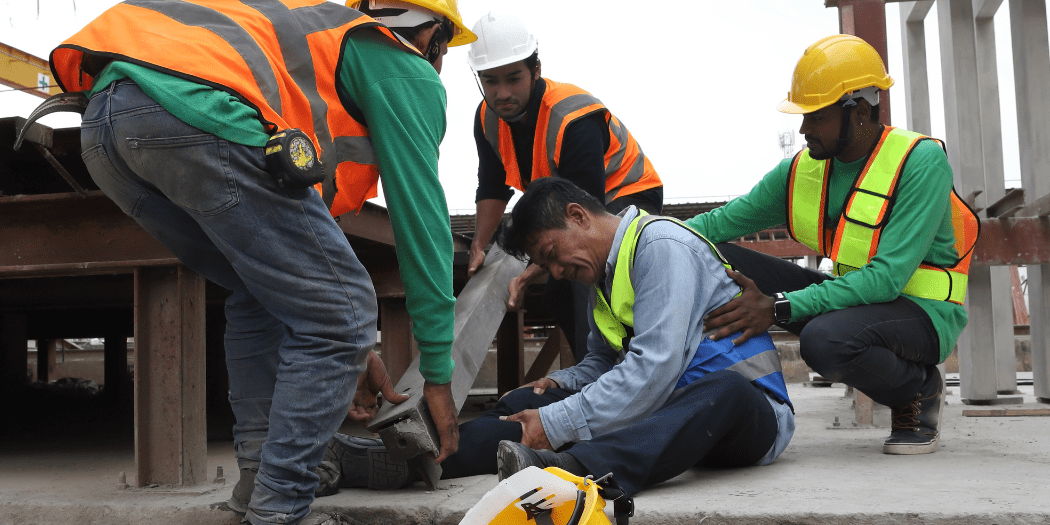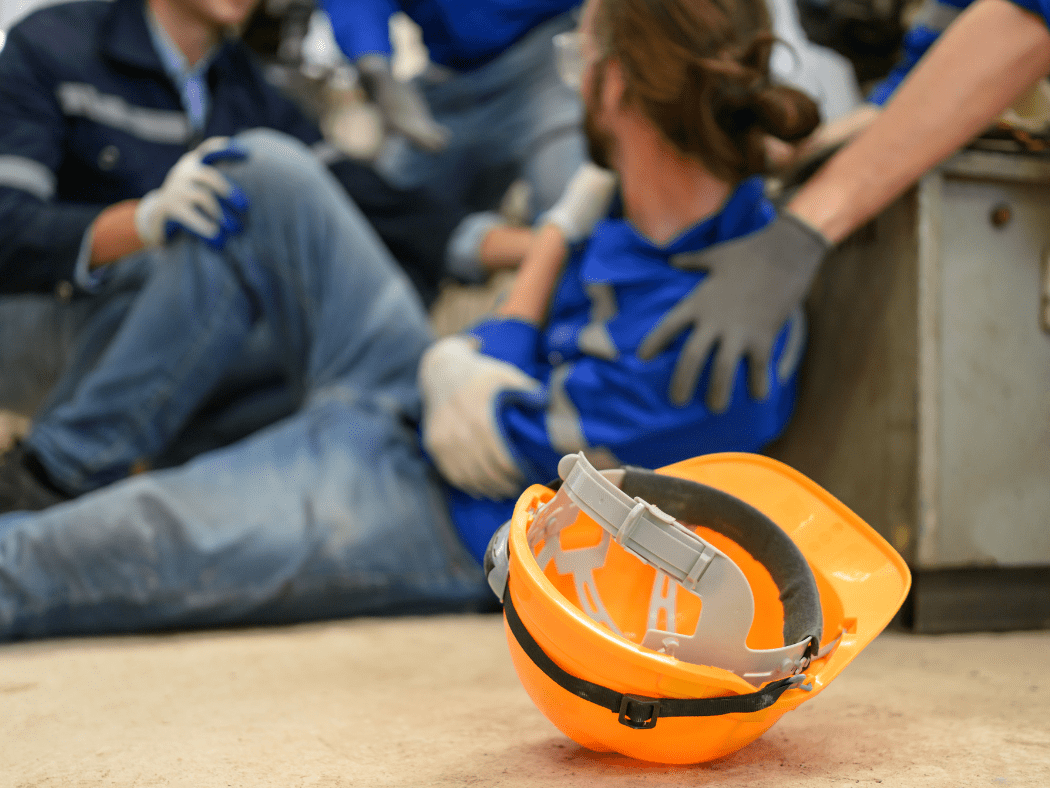With slips, trips or falls being the most common type of accident leading to worker injury, it is crucial to know what to look out for on high-hazard sites in the engineering construction industry (ECI).
The official statistics from the Health and Safety Executive (HSE) show that 31% of all non-fatal injuries to workers in Great Britain in 2023/24 were due to slips, trips or falls.
This was the most of any accident type reported under the Reporting of Injuries, Diseases and Dangerous Occurrences Regulations (RIDDOR), which requires employers to log certain worker injuries.
As part of a campaign focused on health and safety, the Engineering Construction Industry Training Board (ECITB) is publishing a series of top tips to help create a better safety culture in the ECI.
With health and safety training being one of the key contributors in helping reduce accidents and lost-time incidents on sites, the ECITB’s CCNSG Safety Passport course helps to develop a positive health and safety culture, where safe and healthy working becomes second nature to everyone.
With slips, trips and falls one of the most frequent causes of accidents in the industry, tips from the CCNSG course Work Safety Handbook are designed to help keep you and your colleagues safe.
Slips, trips and falls – advice for workers
- Take care at all times when moving around.
- Do not assume that because you move through an area regularly that it will always be safe to do so.
- Ensure you follow designated routes and walkways.
- Always wear appropriate footwear, including PPE, where needed.
- Try to stay in areas with good visibility, lighting, routes and surfaces.
- Keep all areas free of obstacles.
- Ensure wires and cables are routed and protected in a safe manner.
- Always watch for warning signs and barriers, which may change frequently, and take appropriate action.
- Watch for unusual hazards, such as spillages, large puddles of water, flooding, ice, snow. Do not try to go through/over such hazards, ensure you report them appropriately.
The ECITB plays a vital role in ensuring Britain has workers with the skills industry needs both now and for the future.
This includes the essential health and safety skills and knowledge to keep both workers and their colleagues safe when operating in some of the most safety-critical environments in industry.
Sign up for updates
Your information will be used to subscribe you to our e-newsletter.
For more information, please see our Privacy Notice.


